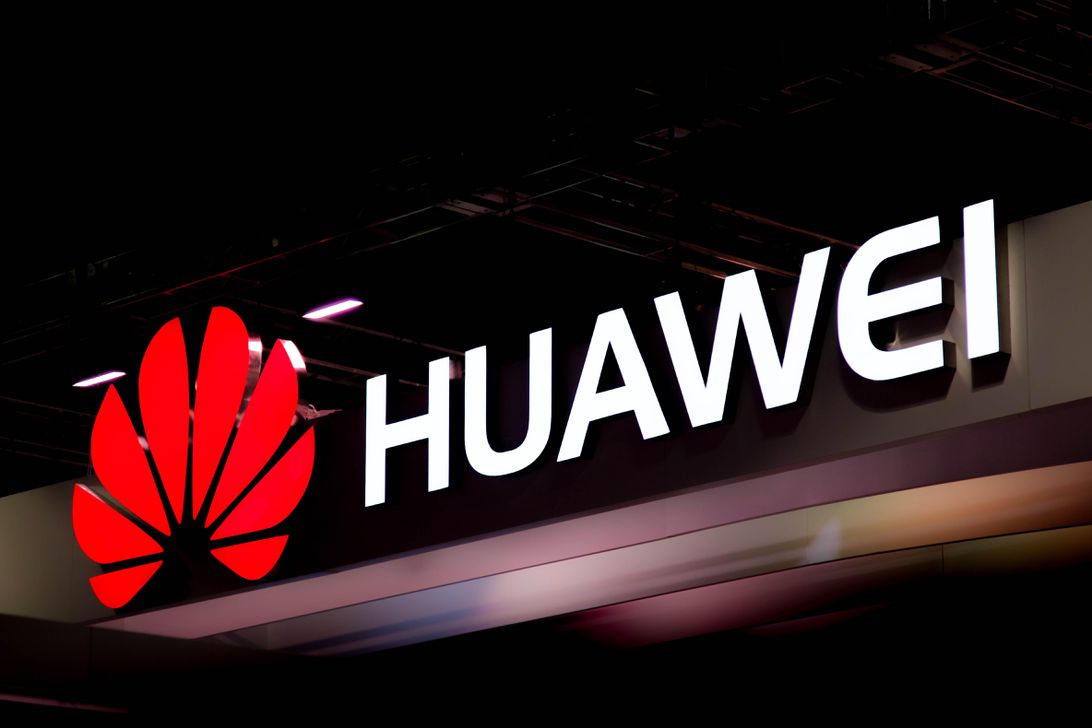Business
Huawei Issues Legal Letter to WSJ over spy Story

Huawei courtesy photo
Huawei has issued a legal letter to The Wall Street Journal following a story published on August 14st (ET) that a company says it damages its reputation and business interests across the globe due to inadequate investigation to test the allegations in the reports.
In the letter Huawei states the report describes Huawei’s alleged involvement with government cyber security forces in Uganda and Zambia is neither a fair nor a responsible representation of Huawei’s legitimate business activities in these countries.
“Huawei is especially disappointed in the Article and video and radio podcast in light of the information Huawei provided to you during your research for this Article, including its email communications from June 19,” the letter states.
According to the letter, those email communications included specific information that a number of the statements in the Article about Huawei’s alleged involvement with government cybersecurity forces were demonstrably false.
“Based on Huawei’s June 19 email and other information it provided to you, it is reasonable to conclude that you knew that these sources were not reliable. As a result, and at a minimum, the Journal published these false statements in reckless disregard of their veracity, “says the letter.

Politician Bobi Wine Alias Kyagulanyi Ssentamu who was allegedly spied by Ugandan Government using Huawei Technicians
Huawei states in the letter that it takes these false and defamatory statements about its business seriously for the publication of these false statements has and will continue to damage Huawei’s reputation and business interests across the globe. Huawei reserves all rights and claims in this regard and will defend its conduct and reputation.
A Legal Demand Letter to The Wall Street Journal
August 16, 2019
Article on Huawei Activities in Uganda, Algeria and Zambia
Gentlemen:
We represent Huawei with regard to the Wall Street Journal’s August 14, 2019 article describing Huawei’s alleged involvement with government cybersecurity forces in Uganda and Zambia (the “Article”). The Article is neither a fair nor a responsible representation of Huawei’s legitimate business activities in these countries. Huawei is especially disappointed in the Article and video and radio podcast in light of the information Huawei provided to you during your research for this Article, including its email communications from June 19.
Those email communications included specific information that a number of the statements in the Article about Huawei’s alleged involvement with government cybersecurity forces were demonstrably false. Huawei obviously does not know the identity of your alleged anonymous sources, but it is clear that they provided you with false and misleading information. Based on Huawei’s June 19 email and other information it provided to you, it is reasonable to conclude that you knew that these sources were not reliable. As a result, and at a minimum, the Journal published these false statements in reckless disregard of their veracity.
Huawei takes these false and defamatory statements about its business seriously, especially when published by a news source as well regarded as the Journal. The publication of these false statements has and will continue to damage Huawei’s reputation and business interests across the globe. Huawei reserves all rights and claims in this regard and will defend its conduct and reputation. We would be happy to discuss with you related to this matter.
Sincerely,
Squire Patton Boggs (US) LLP
Steven A. Friedman
Comments


















